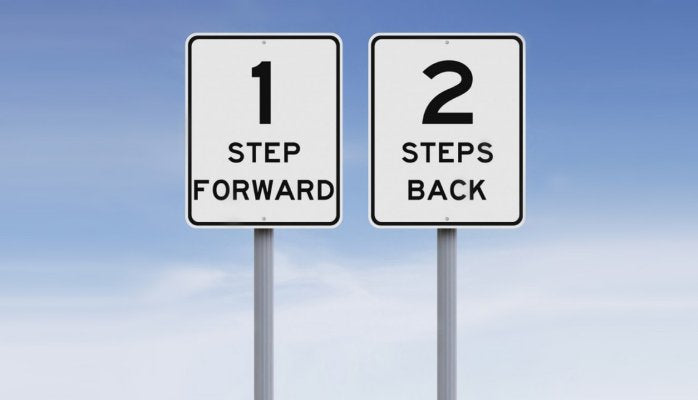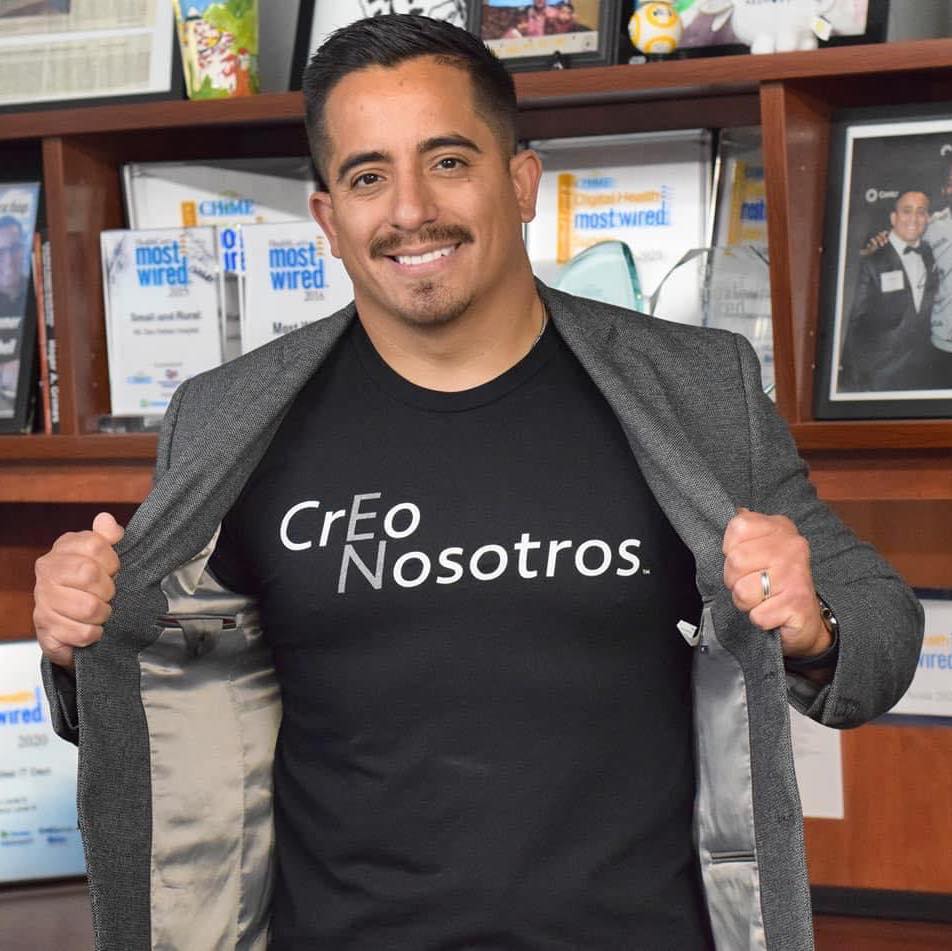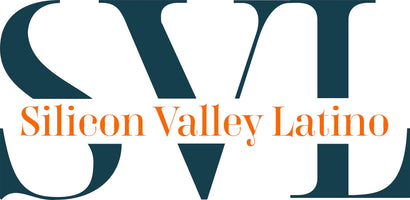One Step Forward...Two Steps Back by Cultura Ambassador Maria Hernandez, PhD

The events of this past week weigh heavily on many of us, particularly the Latin@ professionals who dedicate their lives to advancing diverse and inclusive workplace environments. As if the national headlines were not enough, this month's Harvard Business Review has published a series of articles with titles suggesting that diversity training has not worked over the past 30 years. While these sensational titles help sell, they do not accurately depict the articles' content.
There is no question that the nation has made significant progress in the past 40 years, yet we often experience the proverbial one step forward, two steps back. Over the past 25 years, I have had the opportunity to be invited into organizations seeking to recruit, engage, and advance diverse employees, or develop strategies to better compete for diverse consumer markets or serve diverse constituents. There are successes, but no quick fixes.
Based on my experience, there are two key factors that I look for as signs of potential success. First, executives who demonstrate a strong level of self-awareness are crucial. Since the majority of senior executives are white males, I look for their ability to be aware of their personal impact on others. Do they understand that being a white male influences their views, leadership, and cultural reference points as they navigate their work life? Conversations about unconscious bias and privilege indicate whether there is the psychological insight necessary for authentic conversations. Personal awareness, coupled with clear data pointing to missed organizational opportunities, is the first step forward. Tools like the Implicit Association Test can outline unconscious bias effectively.
The more challenging concept to appreciate is privilege. The Whiteness Project has recently emerged as a resource for this discussion. Watching a few of these short statements, you will find remarkable young people describe their privilege with painful clarity. They are not all men and not all white. Privilege comes in various forms in our society, despite our strong belief in a meritocracy. The cherished value that we all achieve our status through our own efforts is deeply ingrained. However, acknowledging that gender, ethnicity, sexual orientation, religion, or skin color can either help or hinder our advancement is the hardest conversation. It is encouraging to see that the next generation may be ready to understand this with clearer focus.
The next step is to introduce the idea that cultural humility requires us to seek to understand and see situations as others do. Empathy is the new gold standard for leaders. National conversations surrounding affirmative action, equality, and equity are much easier when leaders can view situations through diverse perspectives. As the global economy continues to drive the success of multinational companies, the ability to be effective in other countries necessitates that we do not equate American culture with human nature. There are many ways people across the globe see the world, and these perspectives determine the context in which companies engage in regional markets.
Once these conversations about self-awareness and cultural humility take place, the best news I can share with executives is that the behaviors most associated with inclusive leaders worldwide can be learned. The ability to navigate multiple cultures is a skill. The ability to engage in authentic dialogue with someone different from yourself is a skill.
This week's events call upon all of us to harness these skills and take two steps forward.
Authored by: Cultura Ambassador Maria Hernandez, PhD.
Leave a comment
Comments will be approved before showing up.
Also in Business

Bridging the Digital Divide: Connecting with Latino Customers Through Digital Excellence
Latino consumers are one of the most powerful and digitally engaged communities in the Americas. In his latest piece, SVL Advisory Board Member Arnaldo Lopez explores how technology — and tools like New Relic’s observability platform — can help organizations build authentic, reliable, and culturally relevant digital experiences.

Silicon Valley Latino: Where Culture Meets Storytelling and Purpose
Discover how Silicon Valley Latino (SVL) is redefining brand journalism through culturally driven storytelling, creative strategy, and community impact. Learn how SVL, The SVL Agency, and ShopLatino.Market work together to amplify Latino excellence and help purpose-driven brands authentically engage with the Latino community.

Honoring Consistency and Impact: Michael Archuleta Named Again by Becker’s Hospital Review
Michael Archuleta, SVL Advisory Board Member, is once again recognized as one of Becker’s “148 Hospital and Health System CIOs to Know” in 2025. A true example of consistent Latino leadership and innovation in healthcare.

